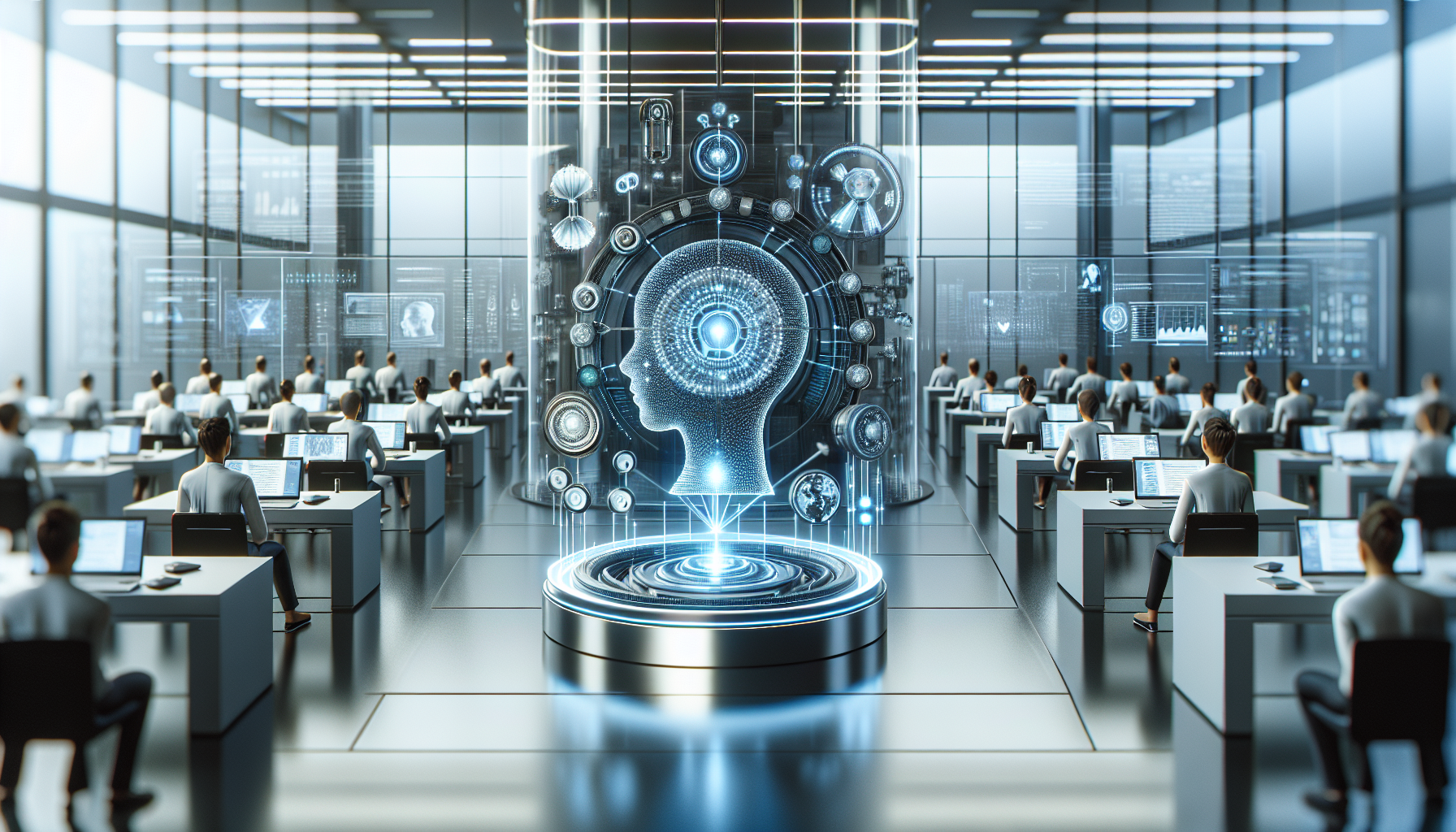
The Impact of Artificial Intelligence on Healthcare: A Comparative Analysis
April 18, 2025
Artificial Intelligence (AI) is revolutionizing numerous sectors, but its influence on healthcare is particularly transformative. By deploying intelligent algorithms and machine learning models, AI is enhancing diagnostic accuracy, personalizing treatment plans, and optimizing operational efficiency. This article provides a comparative analysis of AI applications in healthcare, exploring both the advancements and the challenges posed by these technologies.
AI's role in diagnostics is one of its most promising applications. Traditional diagnostic methods often rely heavily on human expertise, leading to variability and, at times, errors. AI algorithms can analyze vast datasets, including medical imaging and electronic health records, with a consistency and speed unattainable by human practitioners alone. For instance, AI-driven imaging tools now assist radiologists in identifying patterns indicative of conditions such as cancer or neurological disorders. Studies have shown that these tools are not only faster but can also match or surpass human performance in certain diagnostic tasks.
While AI's diagnostic capabilities are advancing rapidly, its integration into personalized medicine is equally noteworthy. Personalized medicine tailors treatments to individual patients based on genetic, environmental, and lifestyle factors. AI facilitates this process by analyzing complex datasets to predict how a patient might respond to a particular treatment. This capability enables healthcare providers to devise more effective and customized treatment plans, improving patient outcomes and reducing adverse effects.
Operational efficiency in healthcare institutions is another area where AI is making strides. Managing patient flow, scheduling, and resource allocation are critical for minimizing wait times and optimizing hospital operations. AI-driven systems predict peak times for admissions and can even automate administrative tasks, allowing healthcare professionals to focus more on patient care. Hospitals employing AI for operational management have reported significant improvements in resource utilization and patient satisfaction.
Despite these advancements, the integration of AI into healthcare is not without challenges. One of the primary concerns is data privacy. AI systems require access to extensive amounts of patient data to function effectively, raising concerns about the security and confidentiality of sensitive information. Ensuring that AI systems comply with stringent data protection regulations is vital to maintaining patient trust.
Moreover, the ethical implications of AI in healthcare cannot be overlooked. Decision-making algorithms must be transparent and free of biases to avoid unequal treatment outcomes. Ensuring that AI systems are designed and tested rigorously to uphold fairness and accountability is crucial. Furthermore, the reliance on AI for critical healthcare decisions necessitates a robust framework for accountability when errors occur.
Another challenge lies in the integration of AI systems within existing healthcare infrastructure. Many healthcare providers operate with legacy systems that may not be compatible with new AI technologies. The transition requires substantial investment in both technology and workforce training. Healthcare professionals must be equipped with the skills to interpret AI outputs and incorporate them into clinical decision-making processes.
Despite these challenges, the potential benefits of AI in healthcare are profound. The technology holds the promise of democratizing access to high-quality healthcare, especially in underserved regions. AI-powered telemedicine platforms can provide remote consultations and diagnostic services, bridging the gap between patients and healthcare providers.
As AI continues to evolve, its role in healthcare will undoubtedly expand. The comparative analysis of AI applications highlights both the incredible potential and the hurdles that must be overcome. It raises important questions about how society can harness these technologies to enhance healthcare delivery while ensuring ethical standards and equitable access.
In considering the future of AI in healthcare, one must ponder: How will the balance between human expertise and machine intelligence shape the next frontier of medical innovation? This question invites ongoing exploration and dialogue, essential for navigating the complex intersection of technology and human health.


